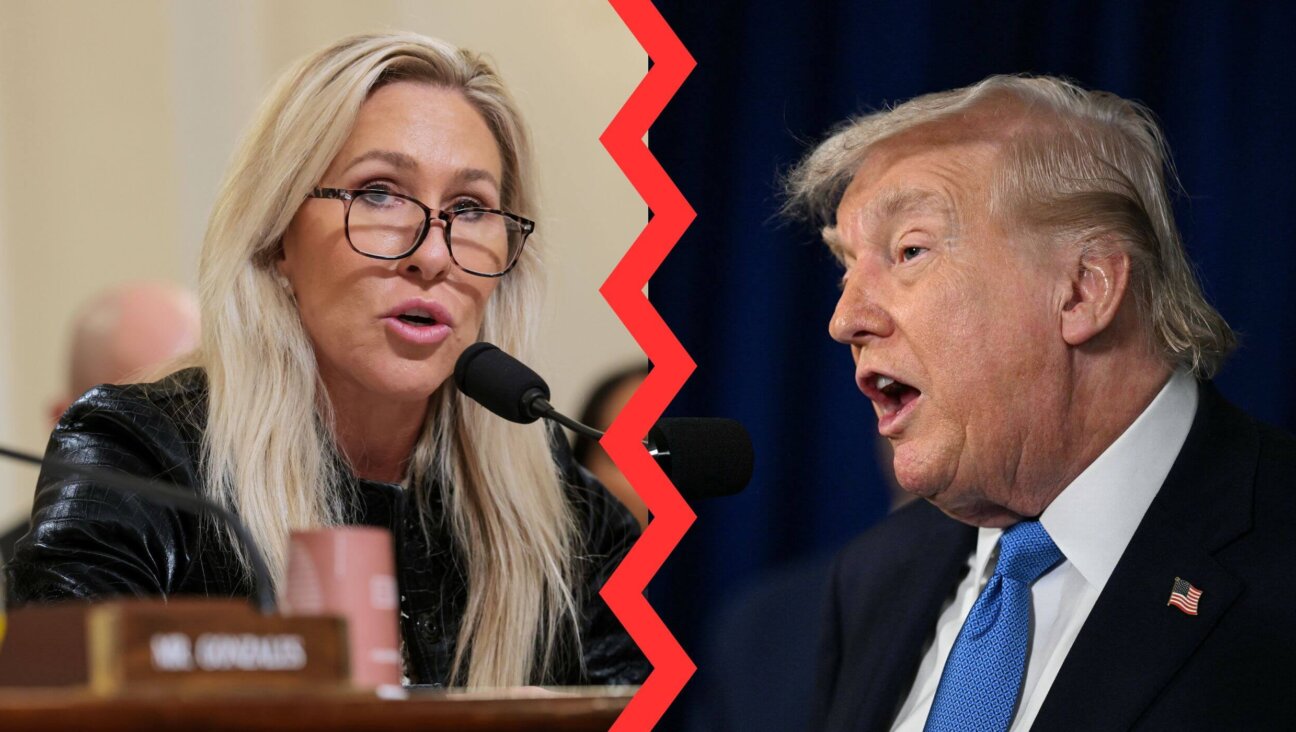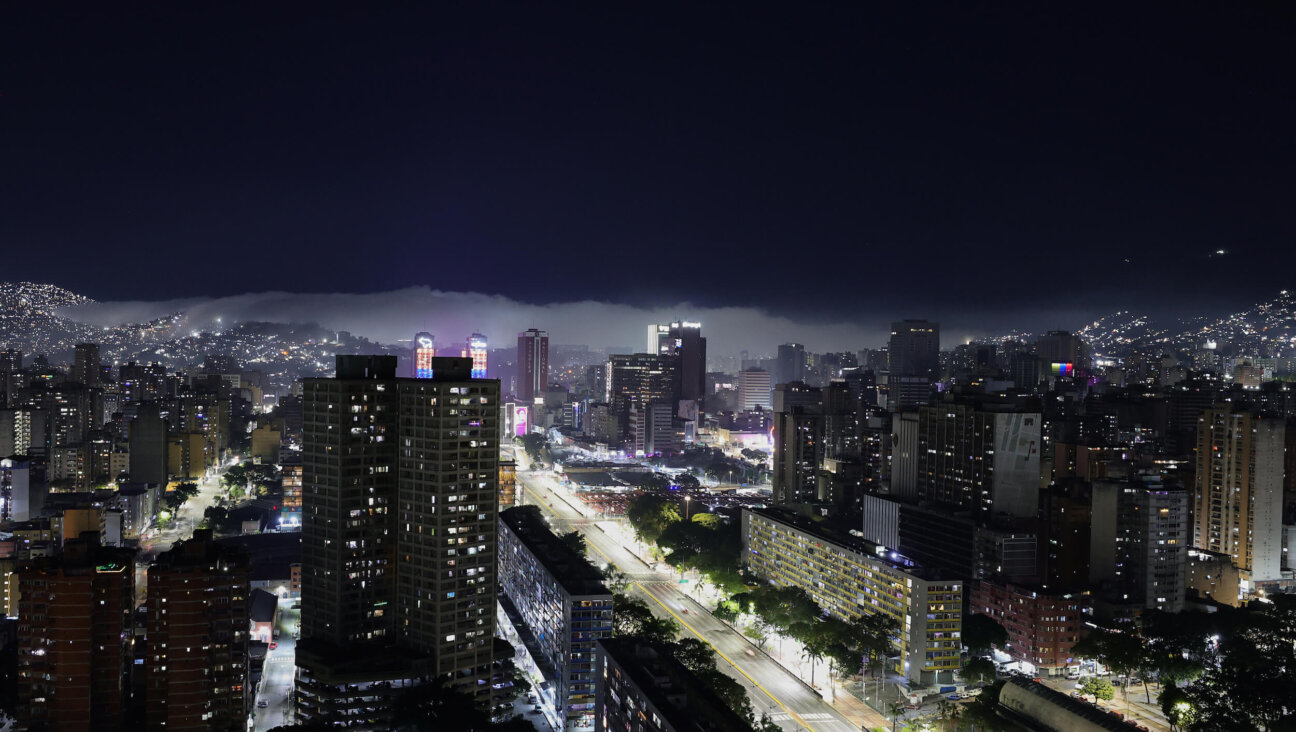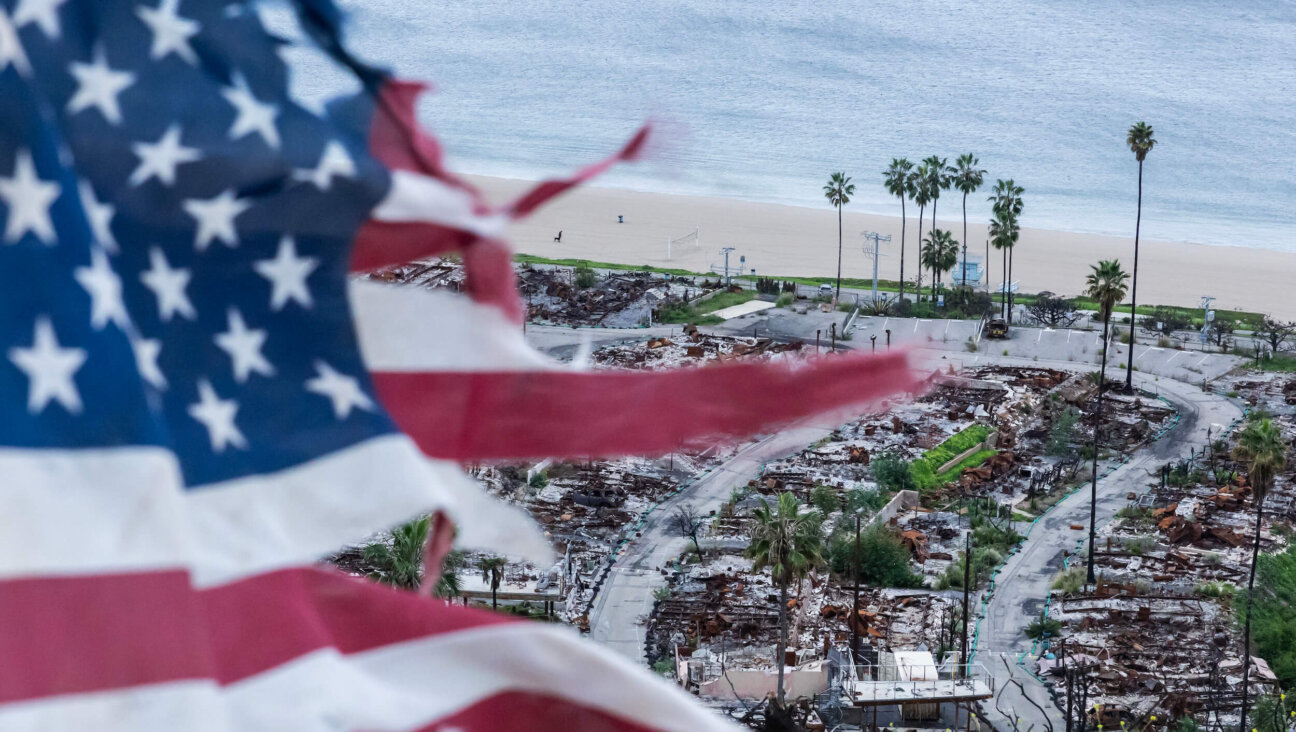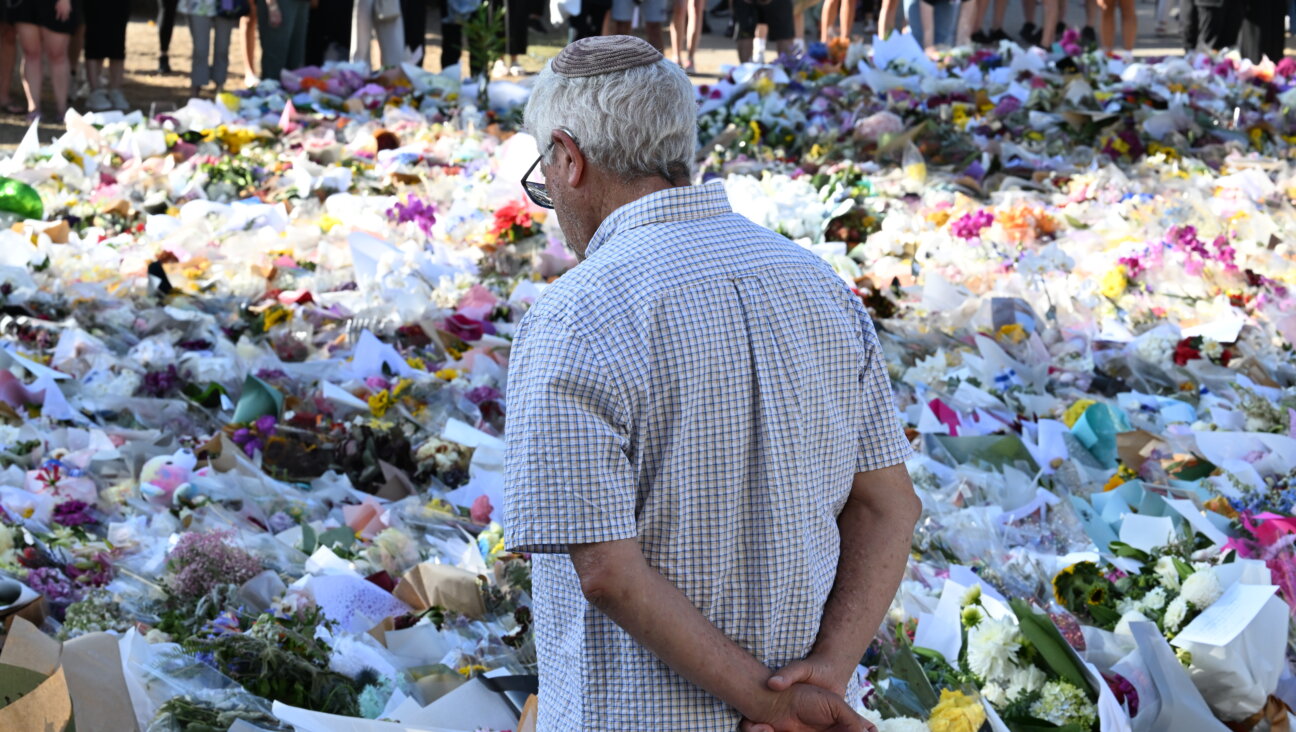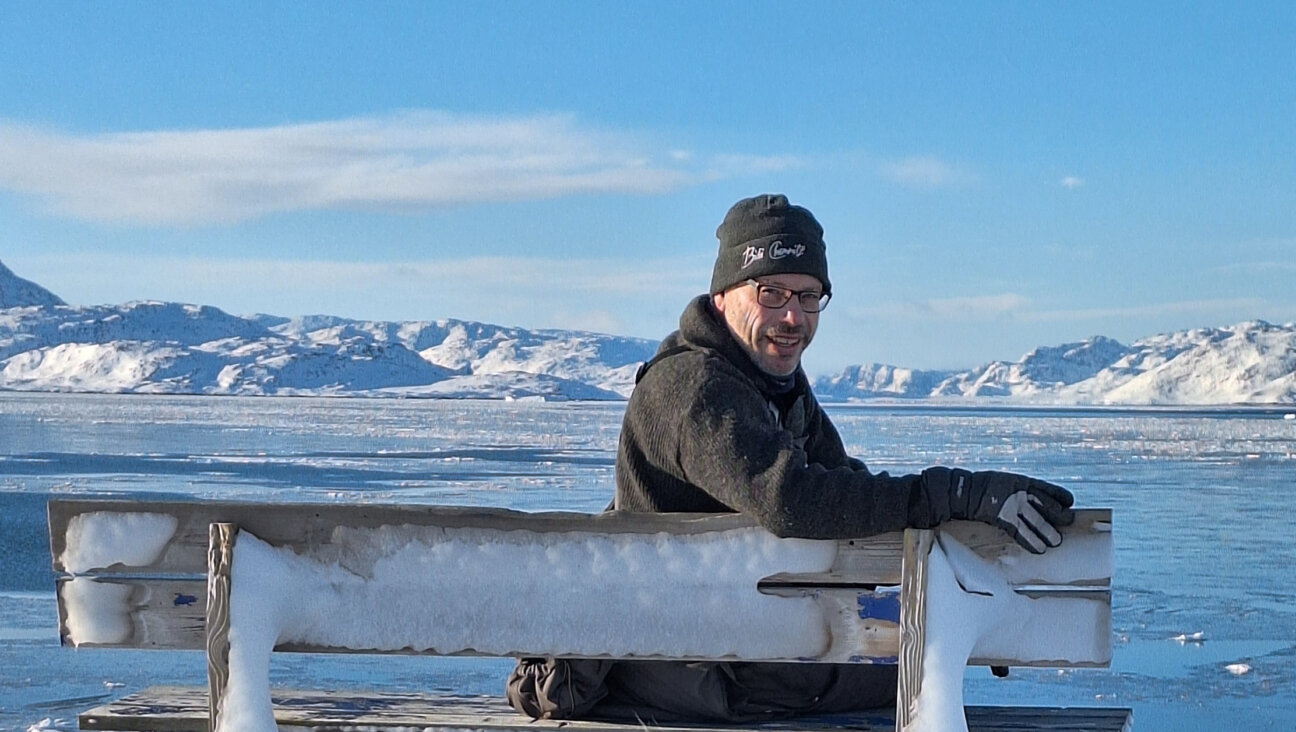Standing in Istanbul
Dispersed though we may be, there are moments when all Jews come together in one spot, or so it’s said. Tradition teaches that we all stood together at Mount Sinai to receive the Law. Sociologists tell us that we all, or nearly all, sit together around the Seder table and gather together for Atonement prayers. And last Saturday we were all in Istanbul.
We were all there in the Neve Shalom synagogue, rising in unison as 13-year-old Aaron Cohen prepared to chant his bar mitzvah portion, only to have the roof fall in on us in a shower of broken glass. We were all huddled in the ruins of the Beth Israel synagogue, cradling the body of 8-year-old Anet Rubinstein in our arms, searching desperately around us for her grandmother Anna, only to find her two days later, buried in the wreckage. We all stood at the graveside in Ashkenaz Cemetery for the burial on Tuesday of Berta Ozdogan, the bar mitzvah boy’s cousin, five months pregnant with her first child. And we all stood miles away at the graveside of her husband Ahmet, who often joined her in life at synagogue services but could not be buried with her because he was Muslim.
The Istanbul bombings, which left 25 dead, are the latest and deadliest in a worldwide wave of attacks, both physical and verbal, that have come to be known as “the new antisemitism.” Another attack occurred almost simultaneously a continent away in a Paris suburb, this one an arson attack on a Jewish school. No one was killed at the school, yet the attack only served to reinforce the embattled feelings shared by Jews around the world.
We are right to have our guard up. History has taught us that an attack on one Jew is an attack on all Jews, and that each attack, unanswered, prepares the ground for the next one. The wave of hatred now sweeping the world ought to stir consciences everywhere. And indeed, the Istanbul bombings seem to have gotten through here and there where past atrocities had not. French President Jacques Chirac convened a ministerial task force to begin tackling his country’s own antisemitism problem. Even the new Malaysian prime minister, Abdullah Ahmad Badawi, allowed that attacks like these — targeting “other religions’ houses of worship” — must inevitably “tarnish the image of Islam.” If even a few such leaders have been shamed into acting or even rethinking, that is to the good.
At the same time, this threat must make us rethink, too. Al Qaeda, the Islamic terrorist network believed to be behind the Istanbul bombings, considers itself at war with the West and its moderate Muslim allies. The worldwide Jewish community is a distinct part of that imagined enemy, but only a part. Four Al Qaeda-linked attacks during the last two years — in Tunisia, Kenya, Morocco and now Turkey — were aimed at Jewish targets; yet many more, in New York and Washington, Dar es-Salaam, Bali, Manila, Jakarta, Baghdad, Nasiriyah and a week ago in Riyadh, were aimed at Western or even Muslim targets. Nineteen of the 25 victims in Istanbul were Muslims.
There is much that is new about this new antisemitism, and we overlook it at our peril. The old kind left us alone and friendless. The new kind drives us together with allies, some familiar ones, some less so. Our fate is joined with theirs. They were there, too.
But much of what is happening is dreadfully old and familiar. The shouting mobs, the shattered glass, the lines of fresh graves — we have seen it all before, too many times to count. Yes, we are alarmed. Those who think we are being paranoid should open up their history books.
